

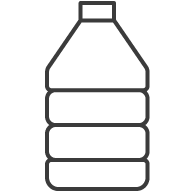
The use of a number of raw materials from different suppliers is common in the compound industry. As a result, there are many potential sources of contaminants. Our metal detectors and separators protect your production equipment and assure product quality.
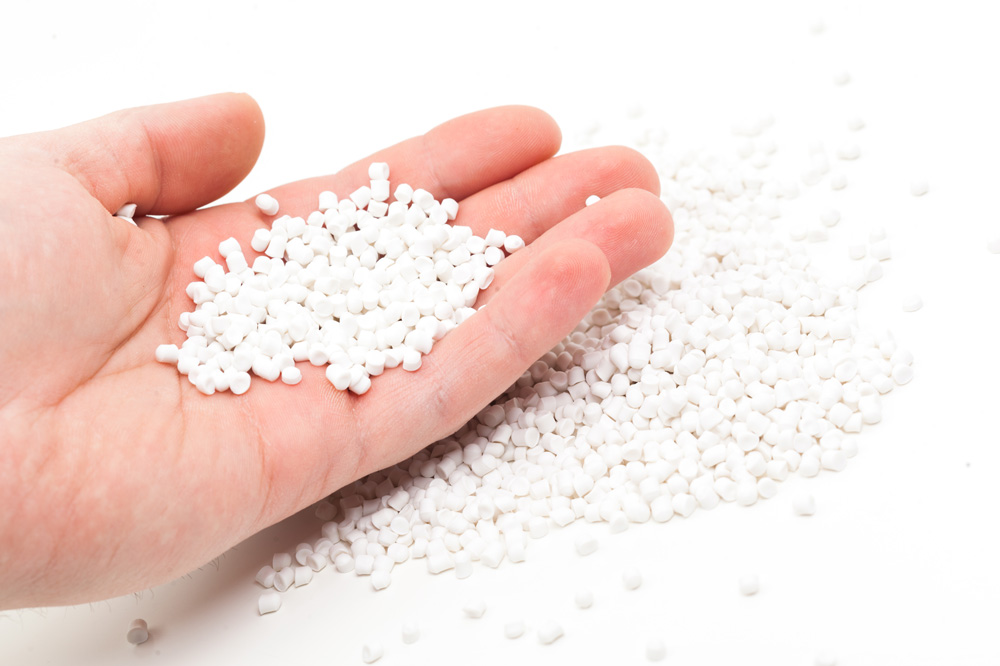
Compounders are processing more recyclate than ever before. This is due to a combination of factors: rising consumer demand for recycled goods, improvements in the recyclability of virgin plastics, and the low cost of recycled materials.
Just like manufacturers and processors of plastics, compounders must ensure they are working with the highest quality materials. Especially when working with recyclate, quality controls are of key importance. A circular economy is only possible if it yields usable recyclate in consistent and sufficient quantities.
Systems from Sesotec reliably detect and eliminate contaminants from material streams, thereby minimizing rejection rates, increasing plant availability, and improving material efficiency. By eliminating the risks associated with the use of recyclate, Sesotec systems play an important and lasting role in the establishment of a profitable circular economy.
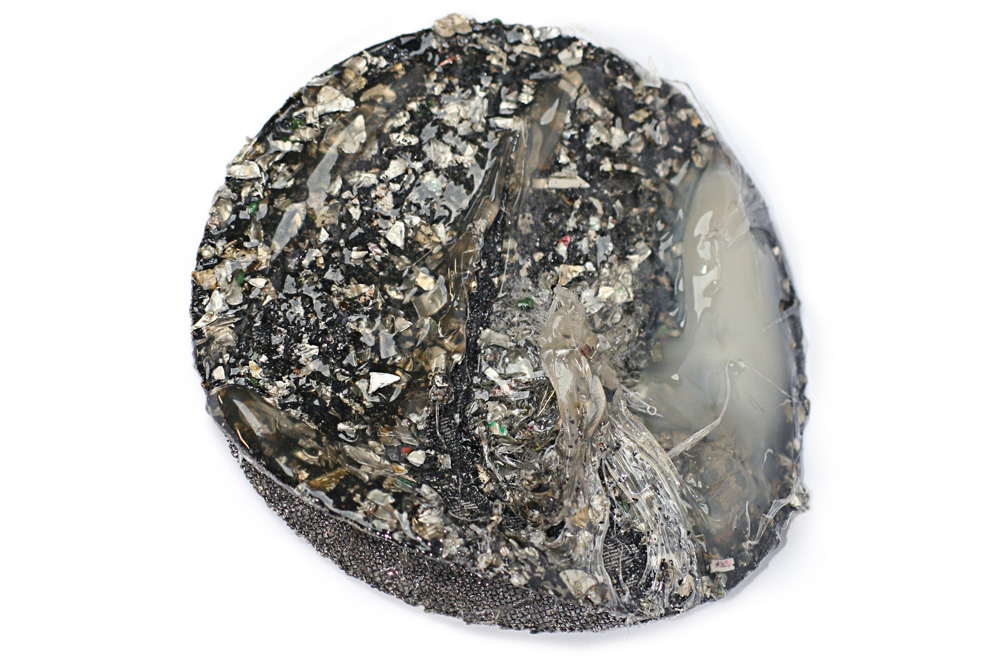
Looking for more information or advice? Contact us
Metals such as iron, stainless steel and copper very often interfere with the production of compounds. They make their way into the manufacturing process at various points:
Recyclate can often contain different plastic types, colors, and other materials that detract from overall material purity.
One common application is the inspection of granules. Such inspections are a sensible course of action in various process steps:
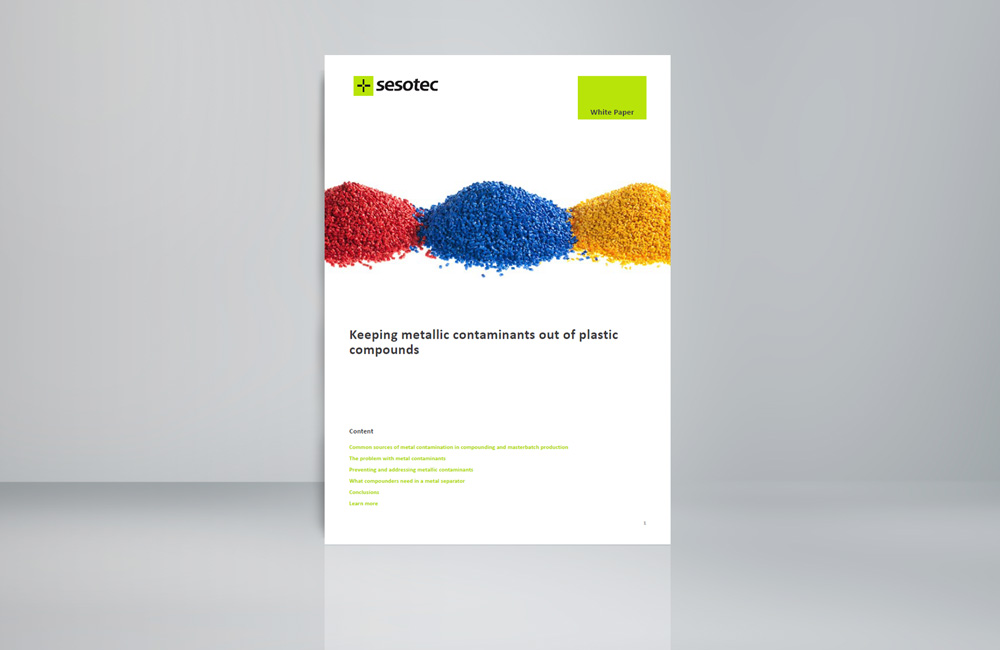
The Whitepaper explores the challenges that
metal contamination poses to compounding and masterbatch production and
considers the key features that metal separators must have to provide an
adequate solution.
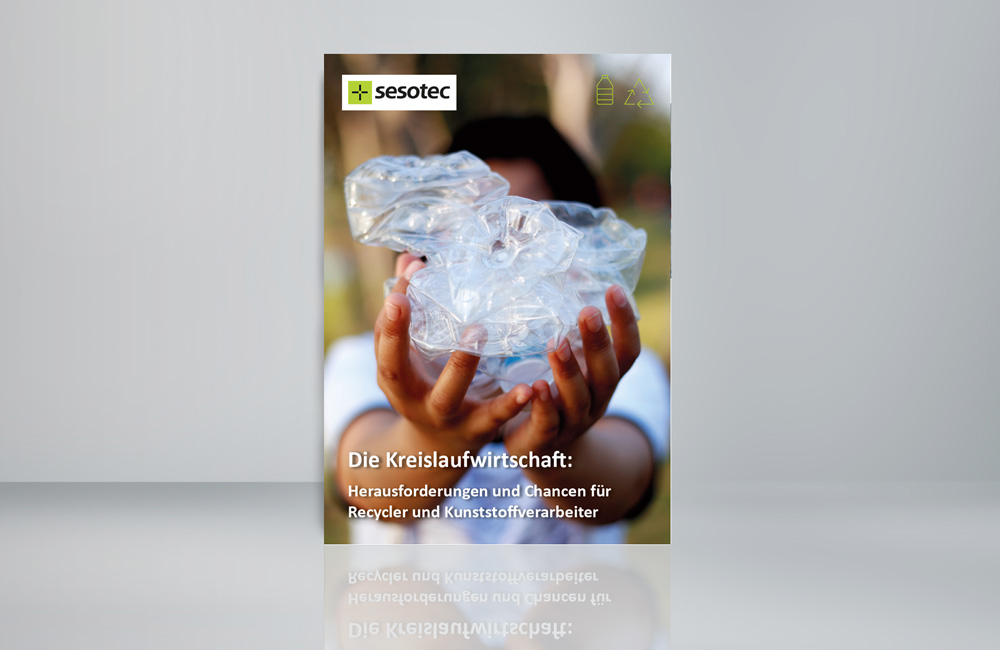
The plastics industry is under pressure. Between climate change, excessive consumption of finite resources, and vast amounts of plastic waste in the world’s oceans, plastics are coming to be seen in a different light by politicians, businesses, and consumers alike. Read in our e-book about the most important factors of a functioning circular economy, especially which challenges and opportunities exist for recyclers and plastics processors.
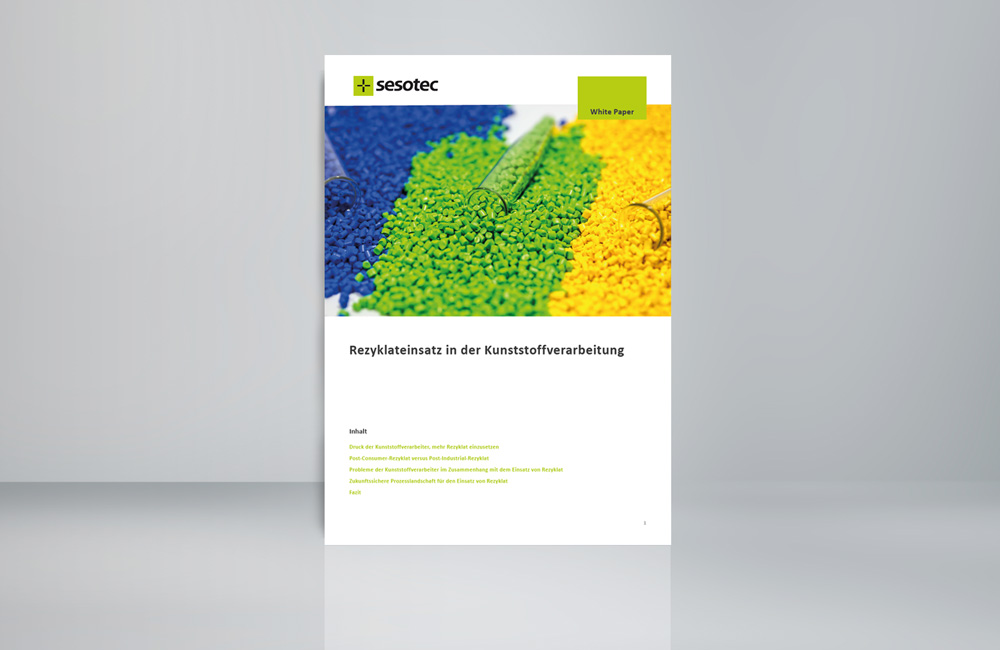
In the new Sesotec White Paper "Using recycled materials in plastics processing" you will learn about
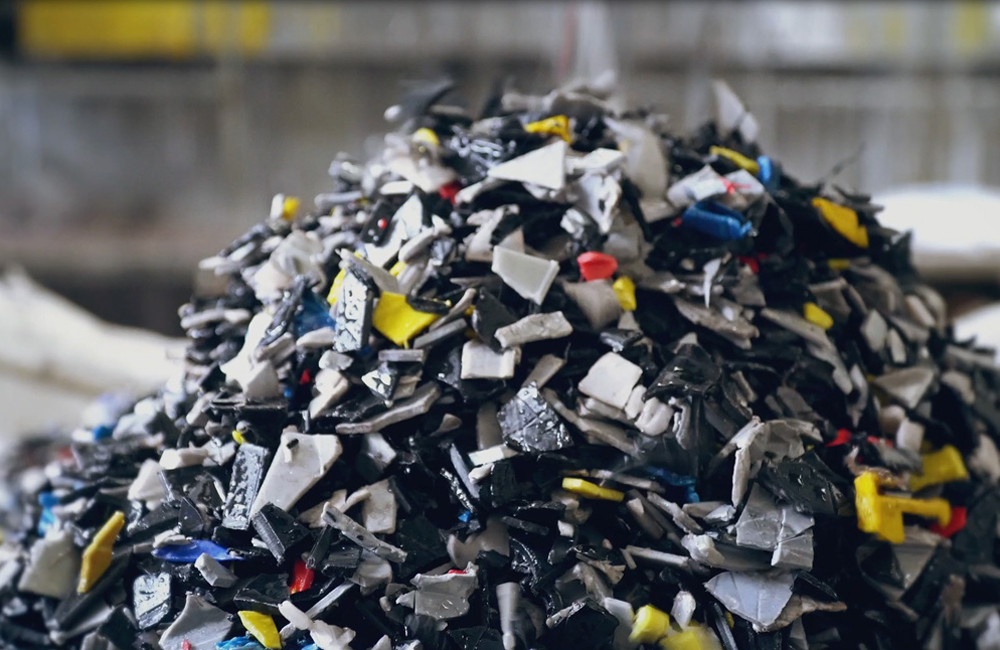
Separately purchased recyclate often contains various different polymers as well as metal contaminants such as aluminum, brass, and stainless steel. Learn in our Case Study how Sitraplas has solved this problem.
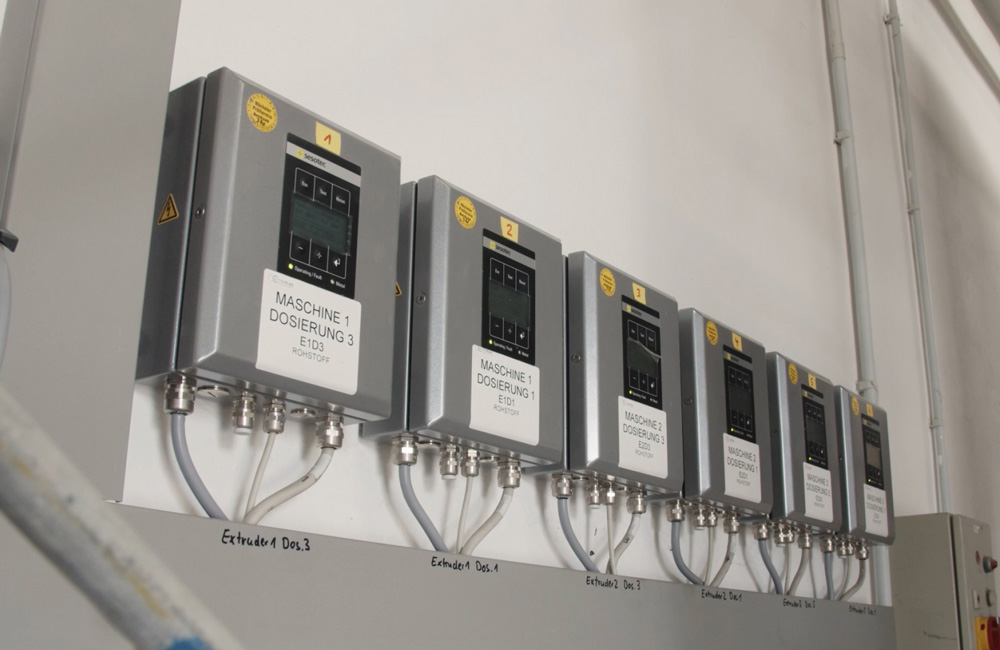
SITRAPLAS GmbH is a producer of high-performance engineering plastic compounds. Unplanned downtime is a nightmare for every company, but especially for continuous production facilities. When metal separators are networked with plastic processing machines, the flow of information between machines can be monitored.

To avoid any metal in the powder, CIPSA wanted to inspect the PVC compounds before they enter the pelletizer. This was to protect the extruder screw from damage and avoid expensive production stops.
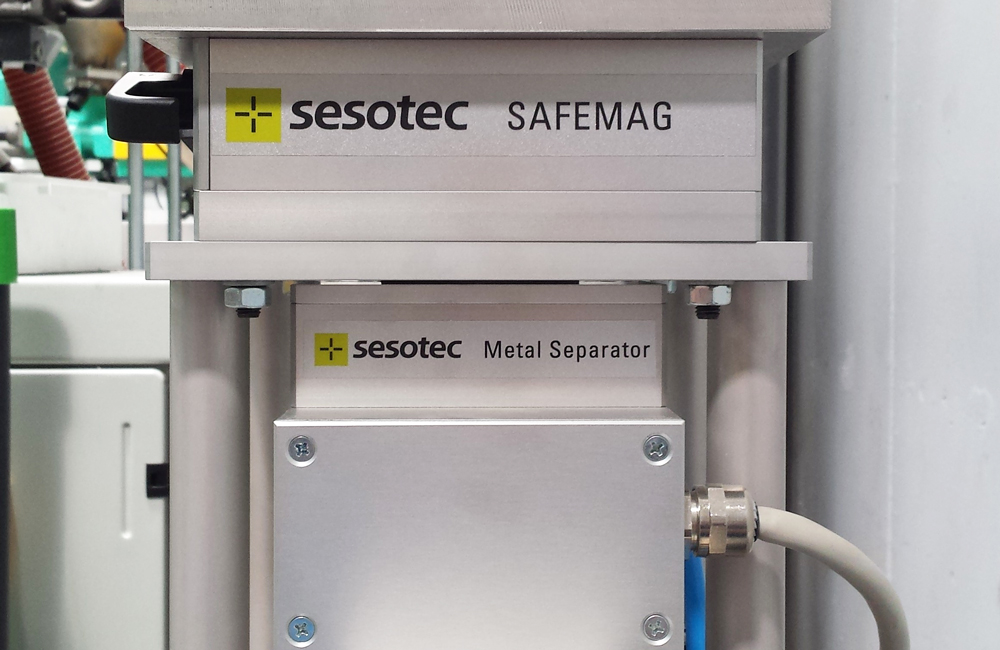
While processing virgin glass-filled material together with regrind, the same problem was coming up up over and over again. Metal inclusions were clogging the hot runners of the molds, leading to as many as 10 emergency stops and 2 to 3 costly repairs per month. After careful consideration of the production environment and manufacturing specifications, the metal detection system PROTECTOR 40 was installed along with the magnet system SAFEMAG at the feed hopper of the injection molding machine.
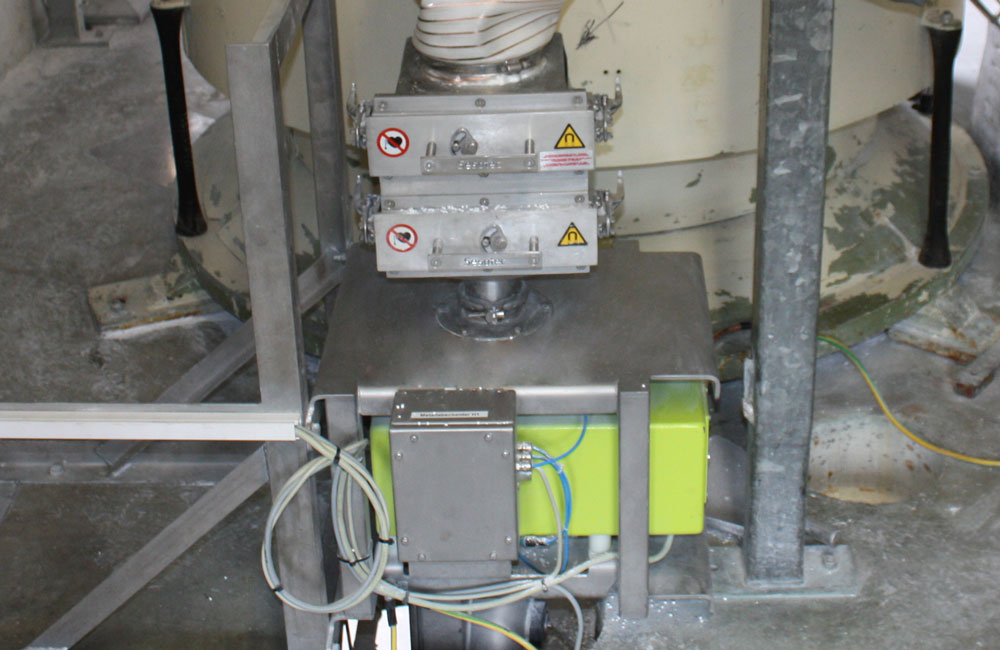
The quality requirements of the chemical industry are particularly high. Metal detectors play an essential role in the refinement of solids to ensure a consistently high product quality and safety. At the same time, the customers expect quick setup times to achieve high flexibility and efficiency.

Our client in northern Germany employs around 600 people and produces single and double-sided adhesive tapes on production facilities that are among the most advanced worldwide. Raw materials for adhesive tape production can contain tiny metal particles. Even the smallest foreign object that enters production poses a significant risk.

As Plastiques ZD grew, it became necessary to find an environmentally friendly and cost-effective solution for recycling defective parts and production waste. The company turned to the long-time Sesotec partner, MAT Technologic, for a solution.

Viet UC faced the challenge of eliminating metallic contaminants from masterbatch to prevent particles from entering plastic mixtures during production. These contaminants could not only compromise the quality of the final product but also lead to machine downtime and customer complaints.
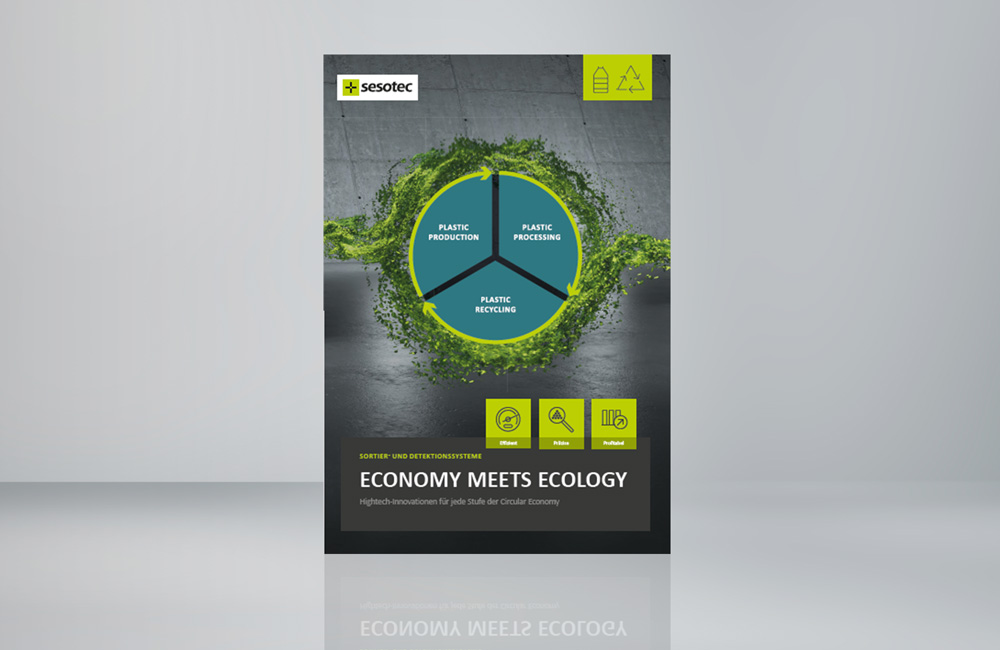
Sorting and Detection systems for every stage of the Circular Economy in the plastics industry.

The brochure highlights
the entire Sesotec product portfolio, which is specially tailored to the needs
of the plastics industry.
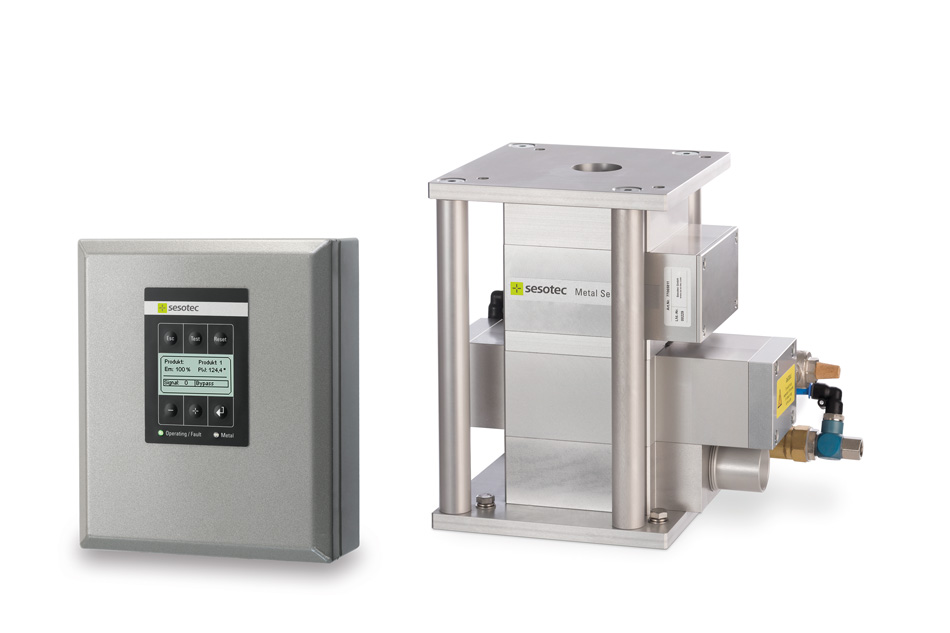
Metall-Separator für Extruder, Spritzgieß- und Blasformmaschinen
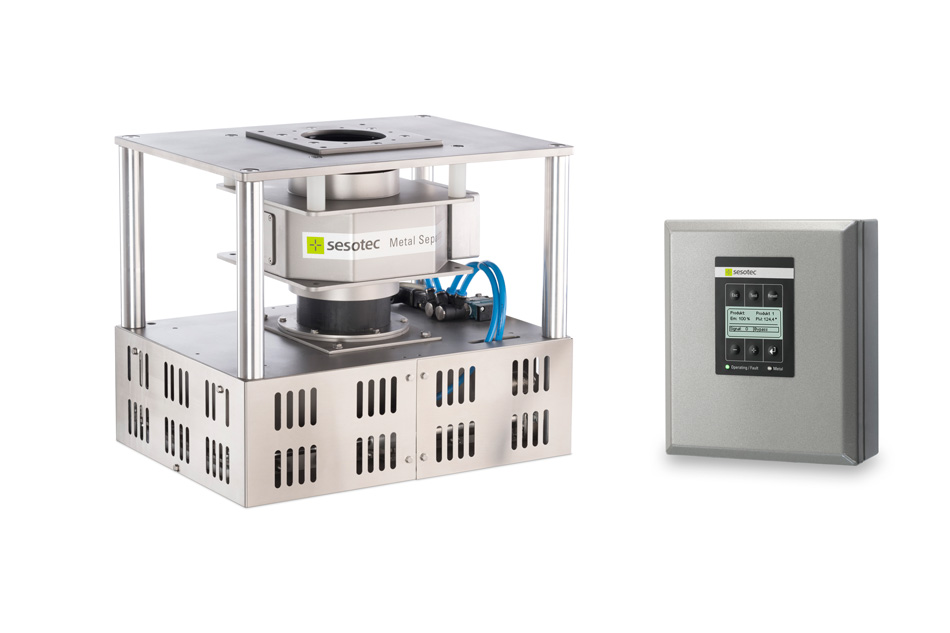
Metall-Separator für Spritzgießmaschinen, Extruder und Blasformmaschinen
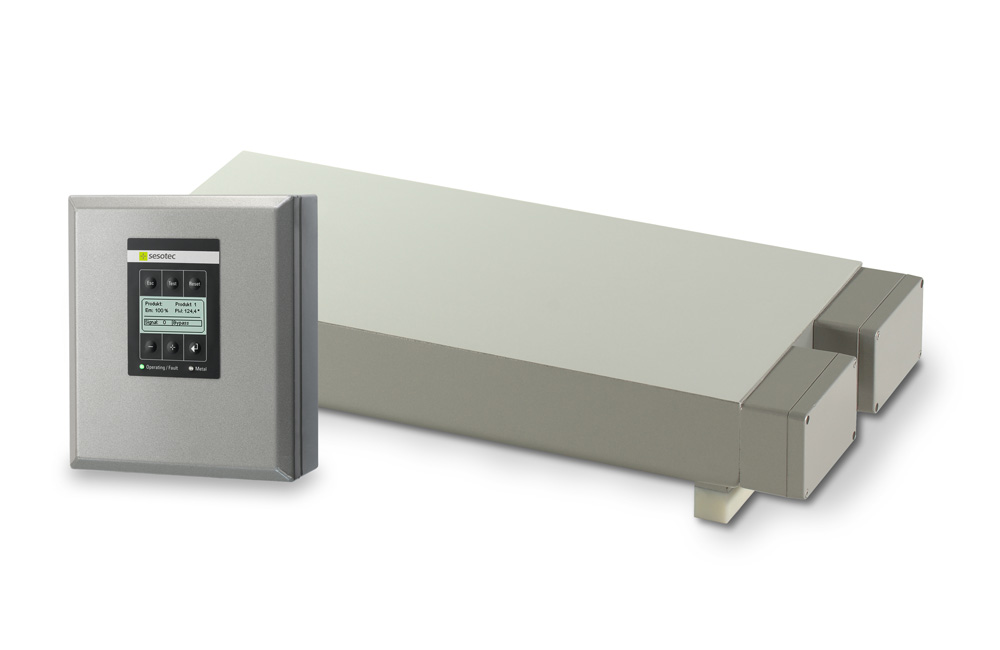
Plate type metal detector for installation in conveyor belts and material chutes
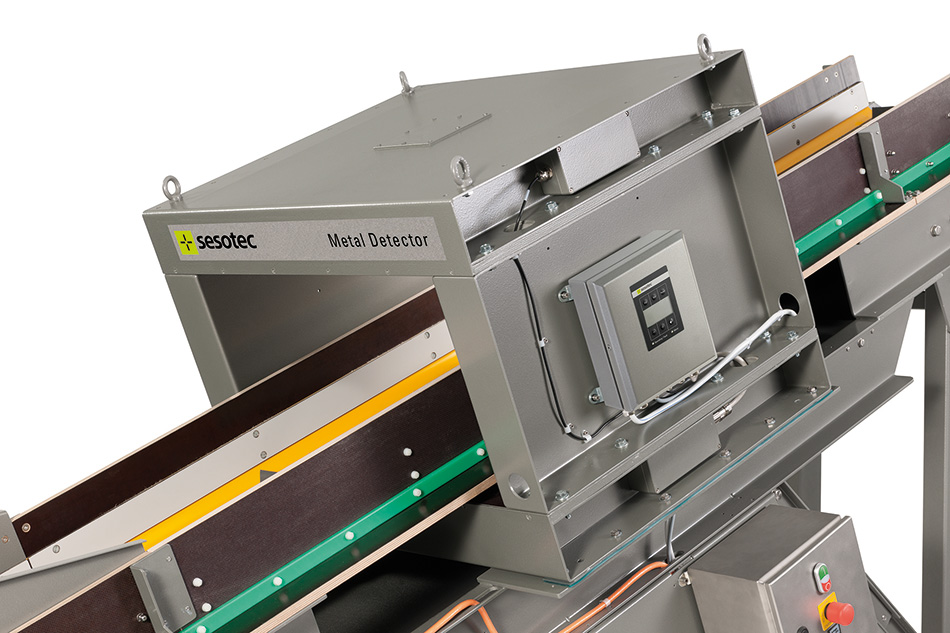
Splitable metal detector for installation on conveyor belts and material chutes
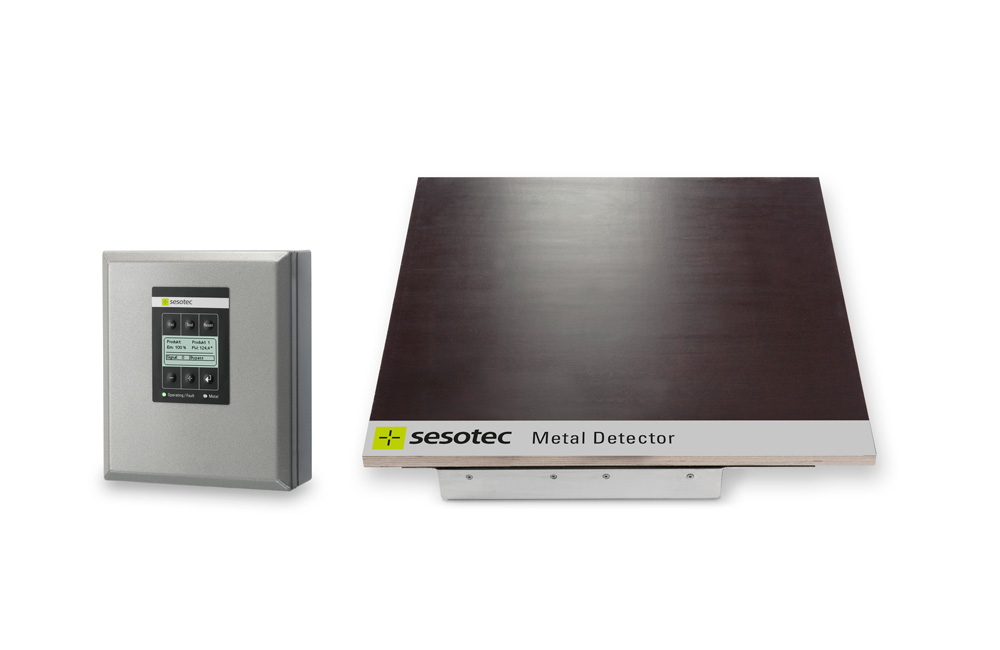
Flächen-Metalldetektor zum Einbau in Förderbänder und Materialrutschen
Kompaktes Metall-Detektionssystem mit Förderband zur Untersuchung von Stückgütern
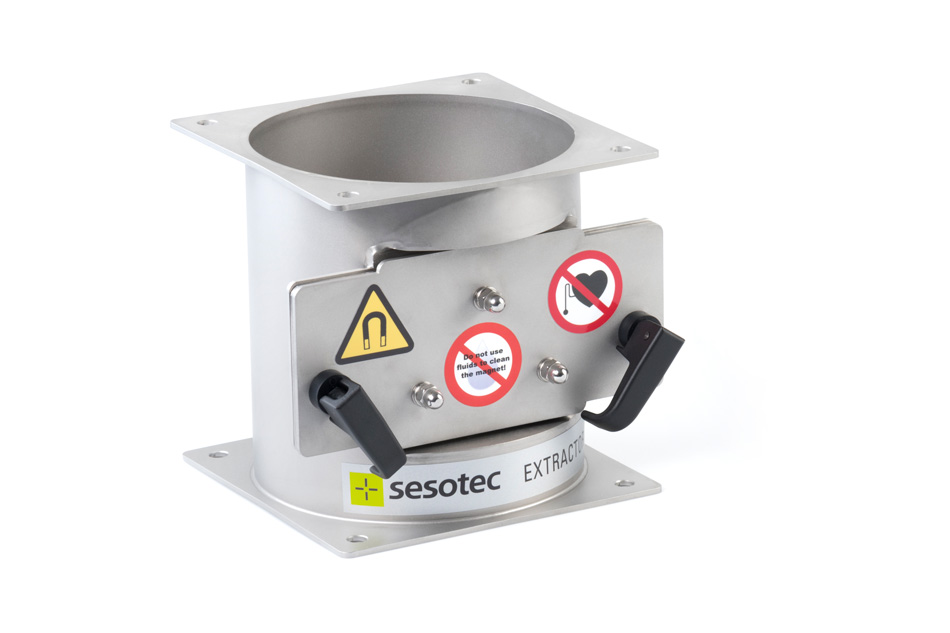
Rohr-Magnet für Spritzgießmaschinen, Extruder und Blasformmaschinen
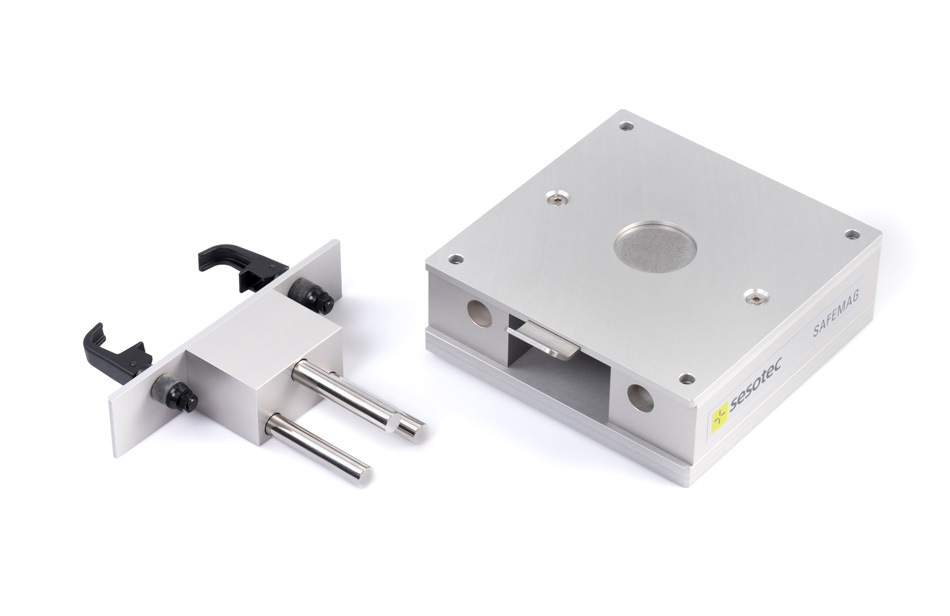
Rohr-Magnet für Spritzgießmaschinen, Extruder und Blasformmaschinen
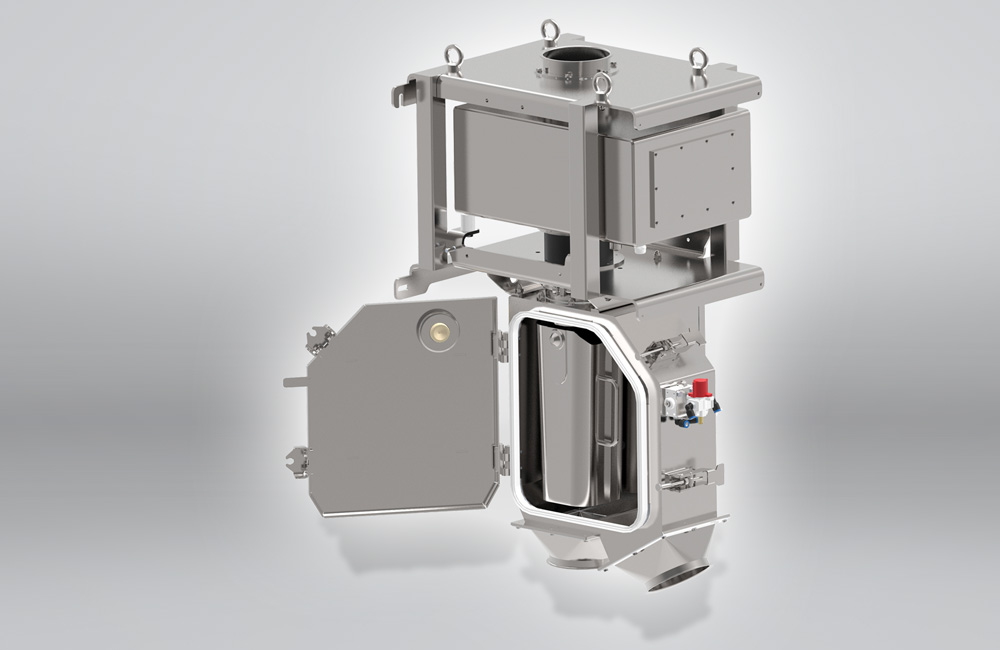
High-performance metal separator for resin and compound manufacturers

Our free-fall metal separators have been specially developed for use in free-fall conveying lines with hygienic requirements. They reliably detect and separate magnetic and non-magnetic metal contaminants from granular, fibrous and powdered bulk materials – even if they are enclosed in the product.